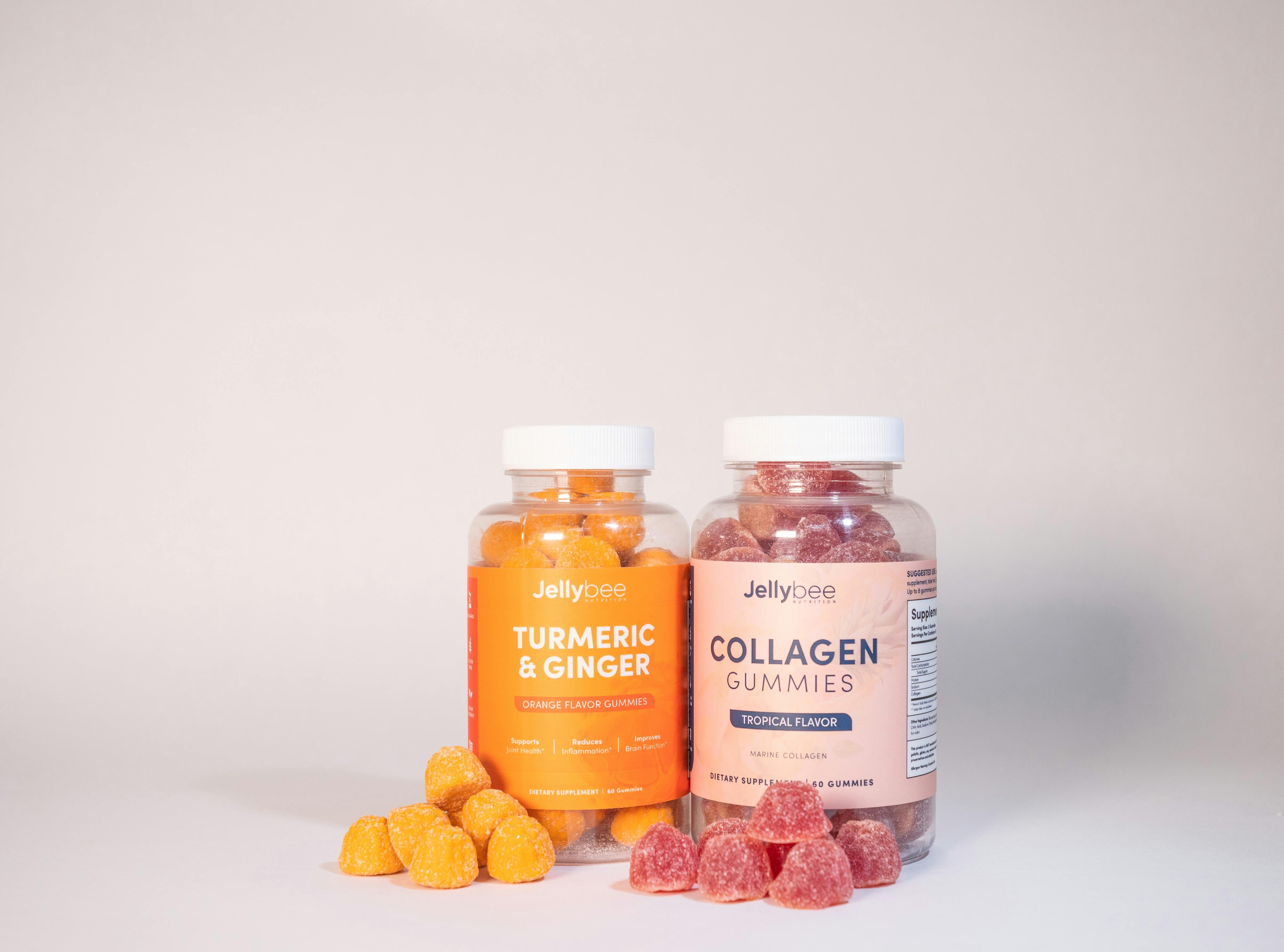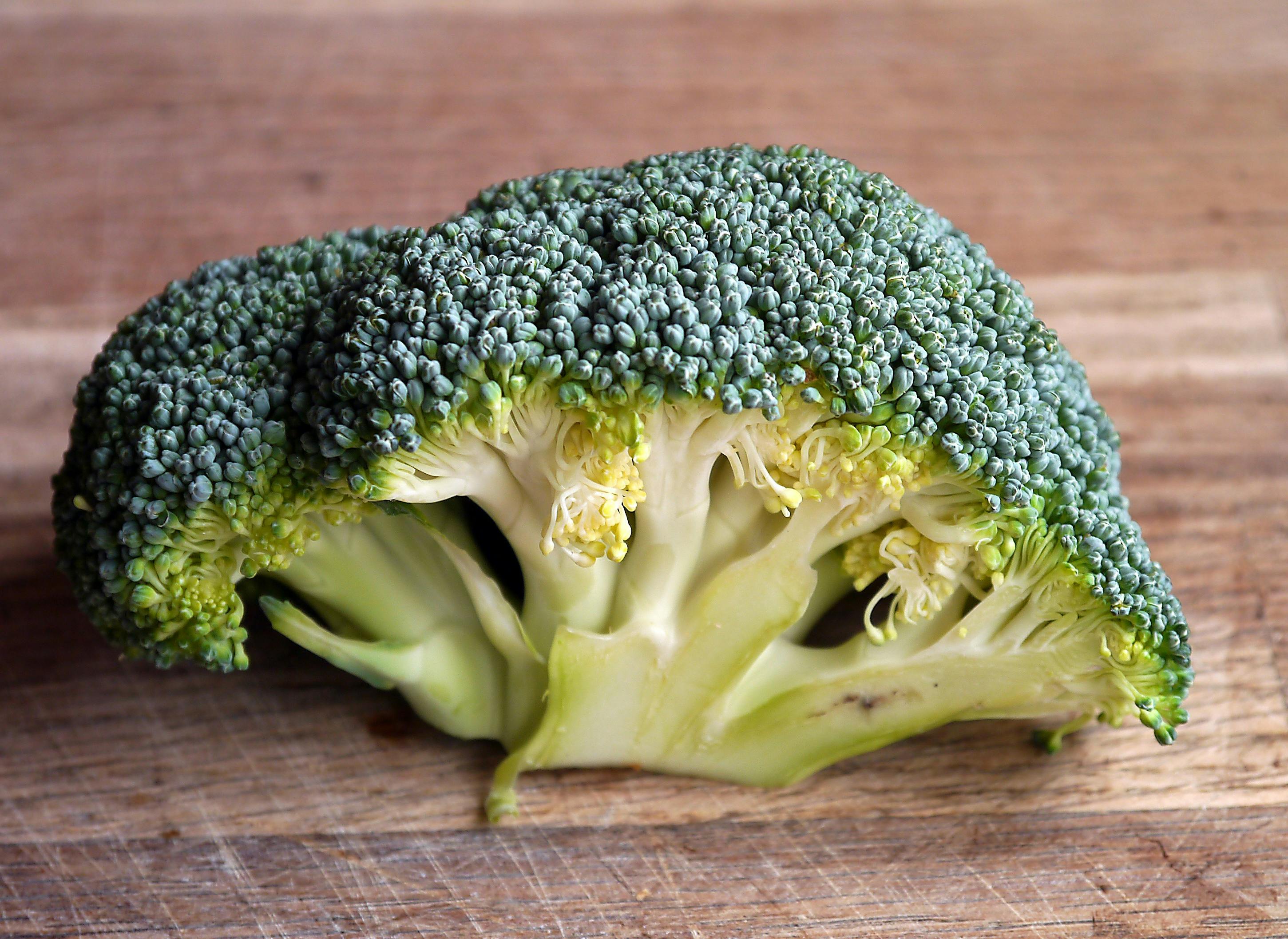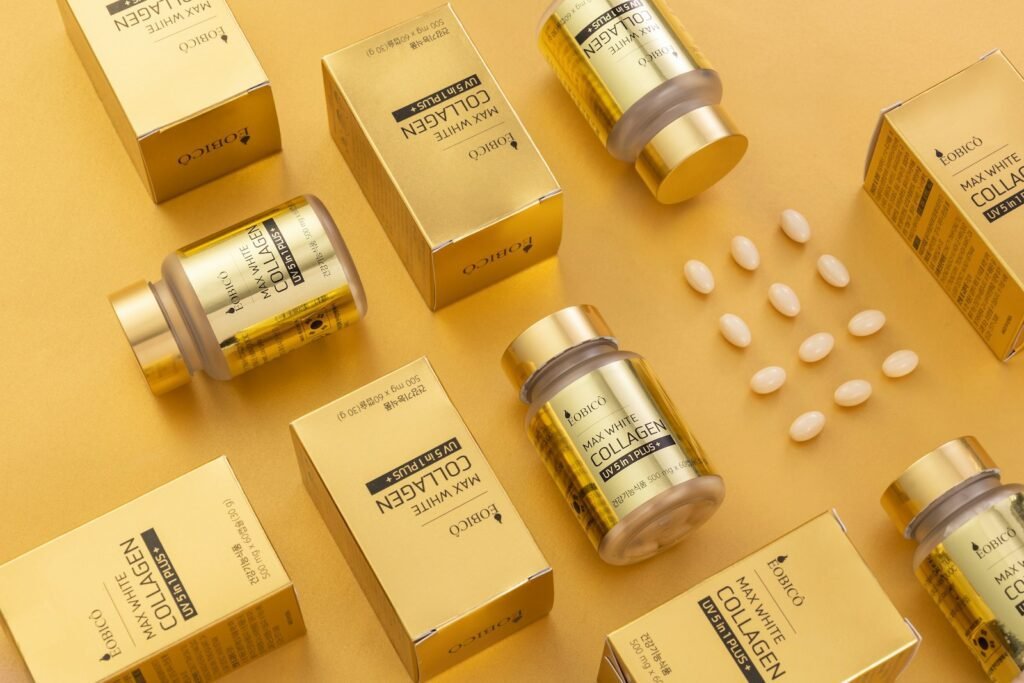 Hoang Vu Tuye
Hoang Vu TuyeWhy Collagen Matters for Your Skin and Joints
Have you ever wondered what gives your skin its bounce or your joints their flexibility? The answer is collagen — a protein naturally produced in our bodies that holds everything together. It acts like the body’s glue, supporting the health of our skin, muscles, ligaments, and even blood vessels. Pretty amazing, right?
But here’s the downside: collagen production slows down with age. Starting in our mid-20s, we gradually make less of it. That’s when skin starts to lose elasticity, fine lines show up, and joints don’t feel as fluid. You might not notice it at first, but over time, the signs become clearer.
So, how do you give your body what it needs to keep that collagen flowing? Good news — your diet plays a big part! By eating the right collagen-rich foods, you can give your body a natural boost.
Let’s explore the best foods to include in your week for healthy skin and joints, and maybe even slow down some of those signs of aging.

Top Collagen-Rich Animal-Based Foods
Animal products are especially rich in collagen because they contain the same type of connective tissues that our bodies use.
Here are some animal-based foods that pack a collagen punch:
- Bone Broth: This is one of the best natural sources of collagen. Made by simmering the bones and connective tissue of animals (like chicken or beef), bone broth is rich in gelatin — a form of cooked collagen. Perfect for sipping or adding to soups!
- Chicken: Chicken, especially when eaten with the skin and cooked on the bone, provides a good amount of collagen. Many collagen supplements even come from chicken sternum cartilage.
- Fish and Shellfish: Marine collagen, found in the skin, bones, and scales of fish, is popular for its easy absorption. Try adding salmon with the skin on, or some prawns or shellfish, into your meals.
- Egg Whites: While eggs don’t contain connective tissue like meat does, they are a great source of amino acids such as proline — one of the key components used to make collagen.
Don’t be shy about adding a warm bowl of bone broth to your day or having that fish skin crispy and delicious at dinner. It’s a tasty way to support your body’s natural collagen.

Photo courtesy of Pexels.com
Plant-Based Foods That Support Collagen Production
If you’re plant-based or just want to balance things out, there’s good news: certain plant-based foods can help your body create more collagen naturally. While they don’t contain collagen themselves, they offer nutrients that help your body make it.
Here are a few star players to add to your plate:
- Citrus Fruits: Oranges, lemons, and grapefruits are packed with vitamin C, which plays a key role in collagen synthesis. Vitamin C is vital for turning amino acids into usable collagen.
- Berries: Strawberries, blueberries, and raspberries are not only delicious but also full of antioxidants and vitamin C, helping to protect skin from damage and boost collagen formation.
- Leafy Greens: Spinach, kale, and other dark leafy greens contain chlorophyll, which studies suggest may increase collagen in the skin.
- Nuts and Seeds: Almonds, chia seeds, and pumpkin seeds are full of zinc and copper — minerals essential for collagen formation. Plus, they offer a satisfying crunch.
- Beans: They’re affordable, full of protein, and contain amino acids and nutrients like zinc that can help support collagen production.
Mix these foods into smoothies, salads, and your go-to lunch bowls! They’re simple, accessible, and full of nutrients your body loves.

Photo courtesy of Pexels.com
Tips to Maximize Collagen Naturally
Want to get the most out of your collagen-focused eating? Here are a few easy tips to make sure your body’s working at full speed in the collagen department.
Smart Strategies for Collagen Support:
- Pair collagen-rich foods with vitamin C: For example, enjoy chicken salad with bell peppers or have your bone broth with a side of citrus fruit. Vitamin C helps bind collagen fibers together.
- Focus on protein variety: Include both animal and plant-based proteins to provide a wide range of amino acids — the building blocks of collagen.
- Stay hydrated: Collagen loves moisture! Drinking enough water helps keep your skin plump and supports the formation of new skin cells.
- Avoid too much sugar and processed foods: These can cause inflammation and may damage existing collagen in the body.
- Don’t forget your zinc and copper: These trace minerals are crucial for collagen synthesis. You can get them from nuts, seeds, and shellfish.
Looking for more impact? Many people also include high-quality collagen supplements in their routine. They come in powders, capsules, or drinks — perfect for busy lifestyles.
So, What’s the Bottom Line?
Taking care of your skin and joints doesn’t have to be complicated. By simply adding a few collagen-rich foods to your meals and paying attention to what supports your body’s natural collagen, you can look and feel your best.
Next time you’re planning dinner or shopping for groceries, just ask yourself: “What meal today could support my skin and joints?” It might be as simple as sipping on some bone broth, adding spinach to your smoothie, or sprinkling seeds onto your salad.
Feeling better and aging gracefully might just start at your plate.













